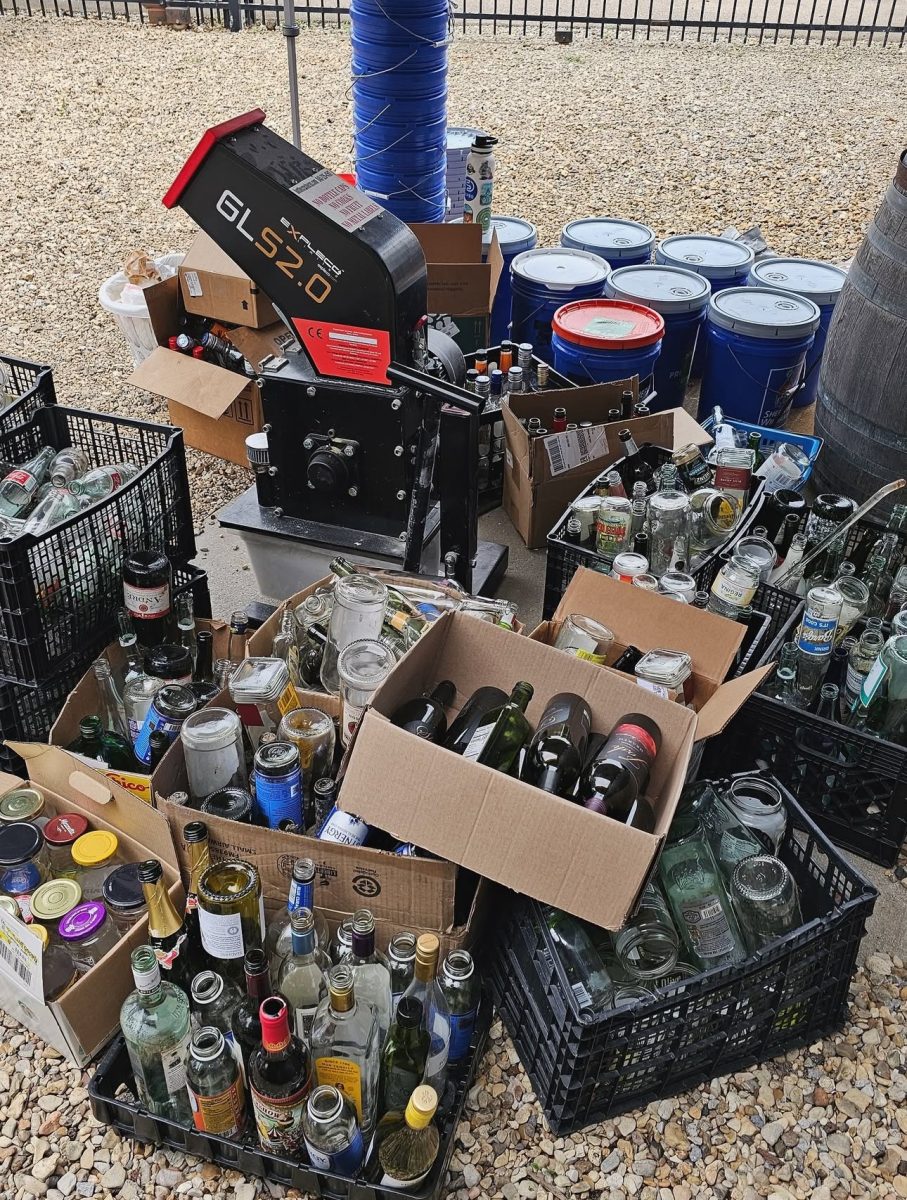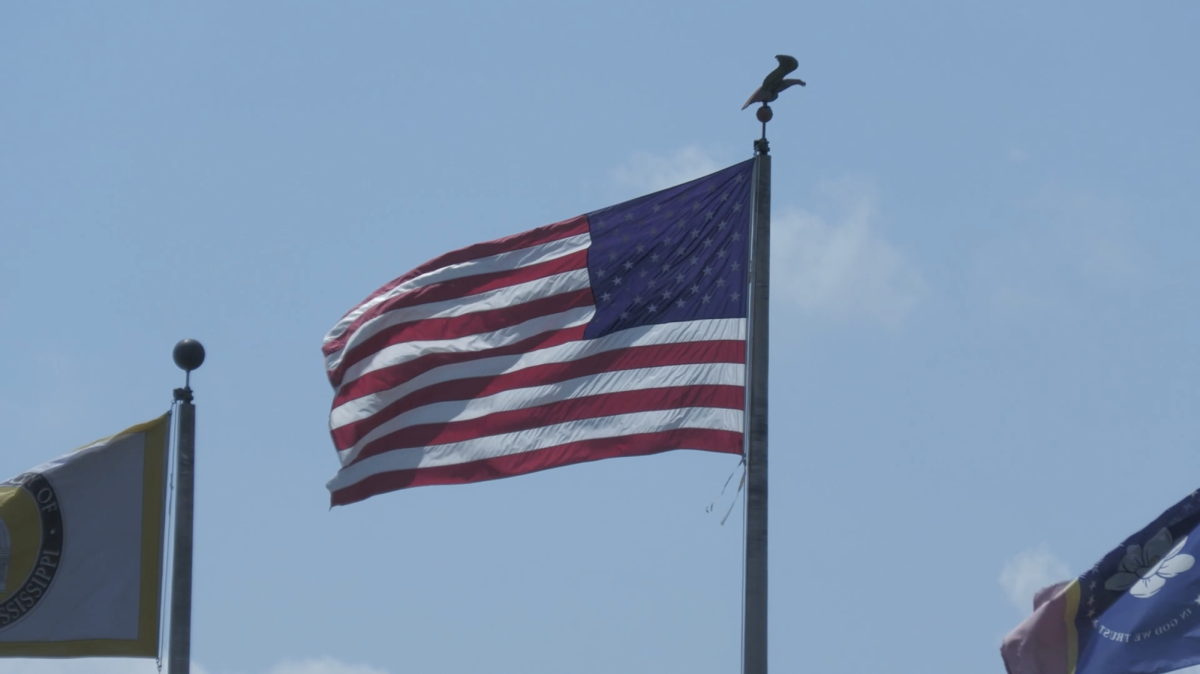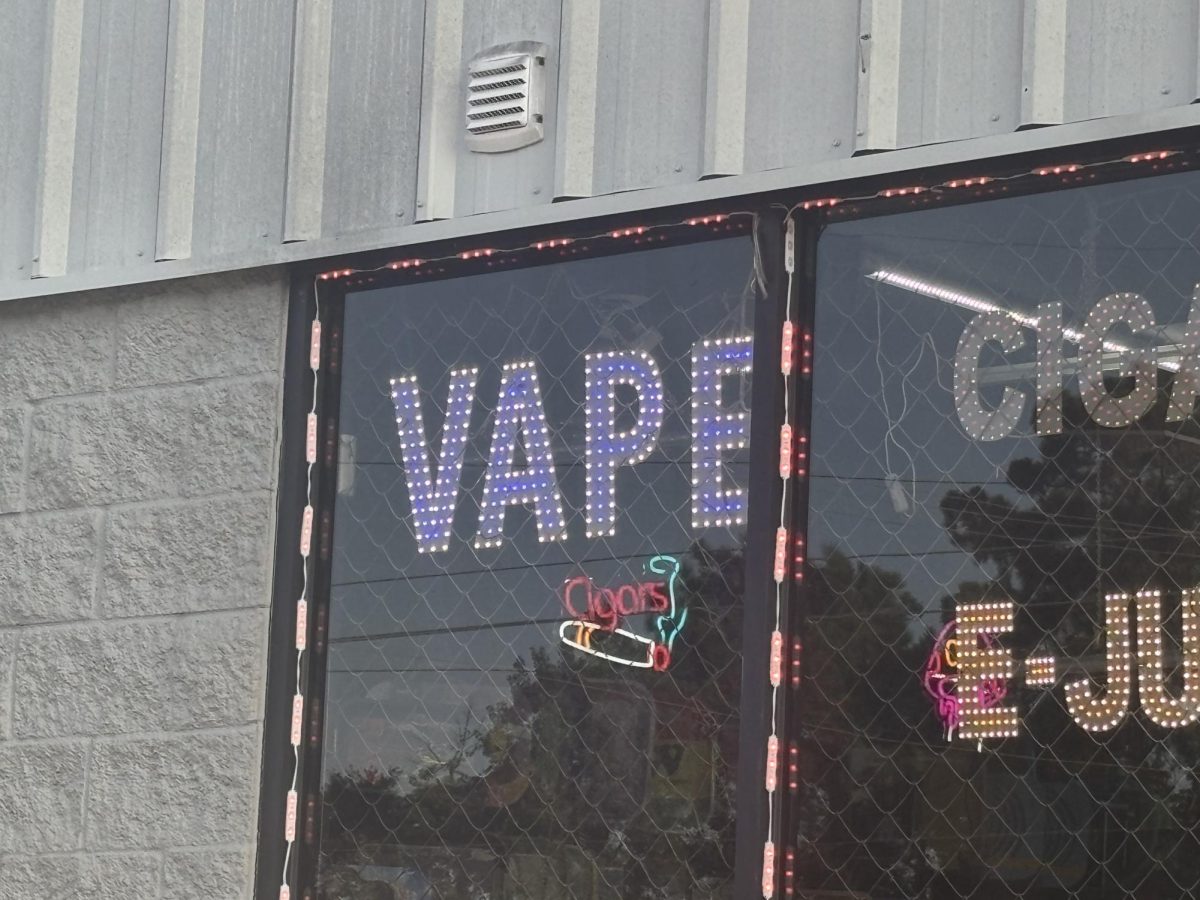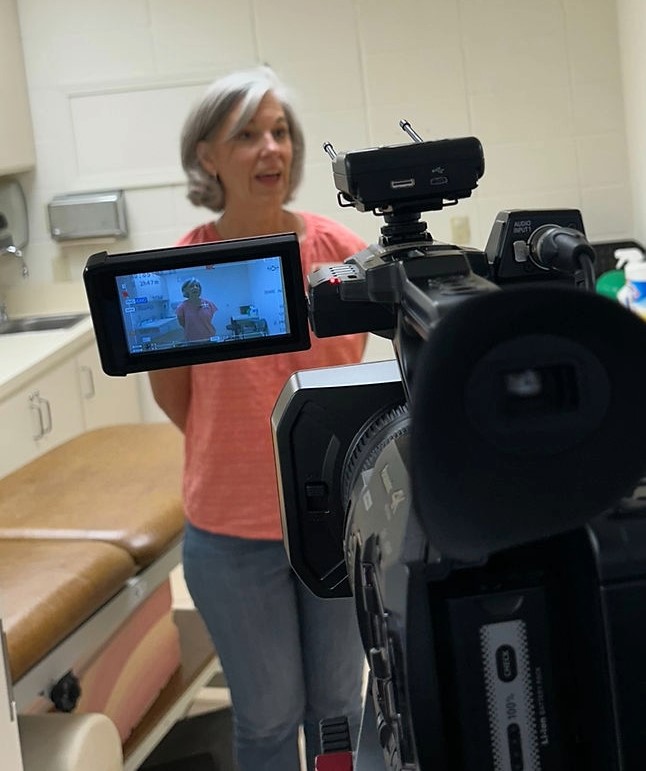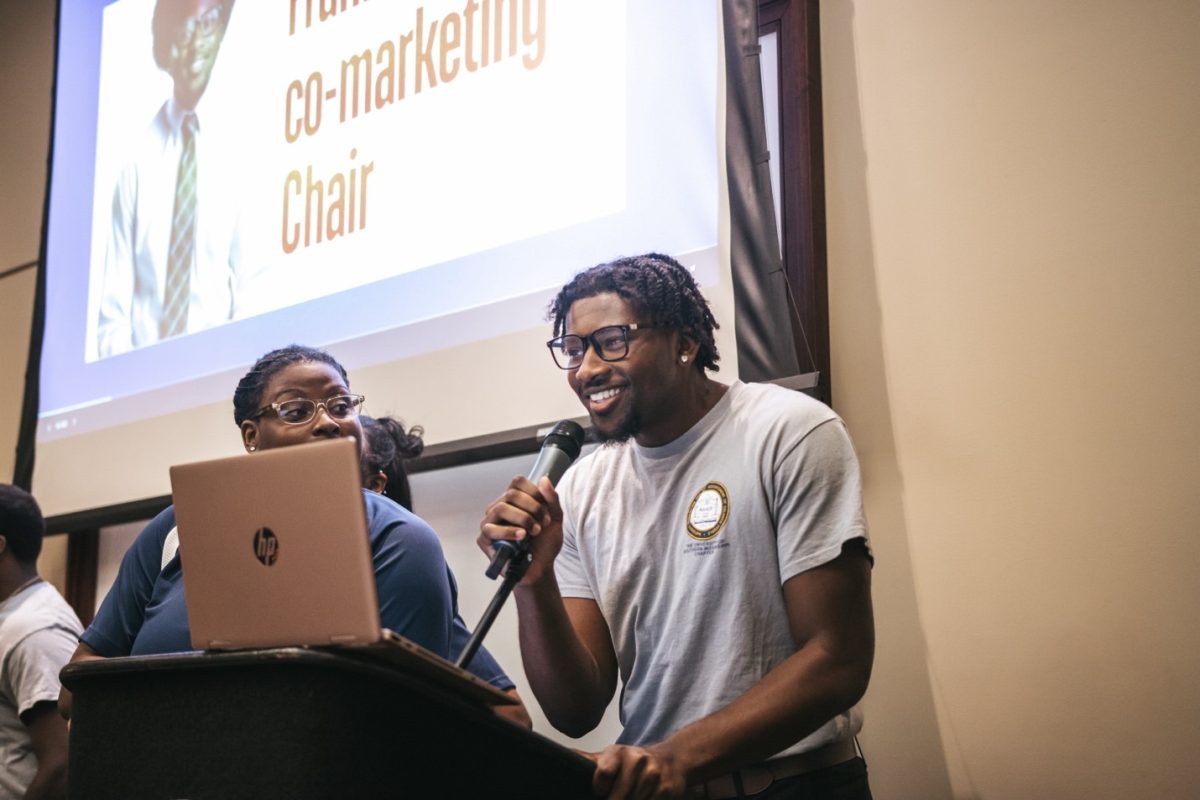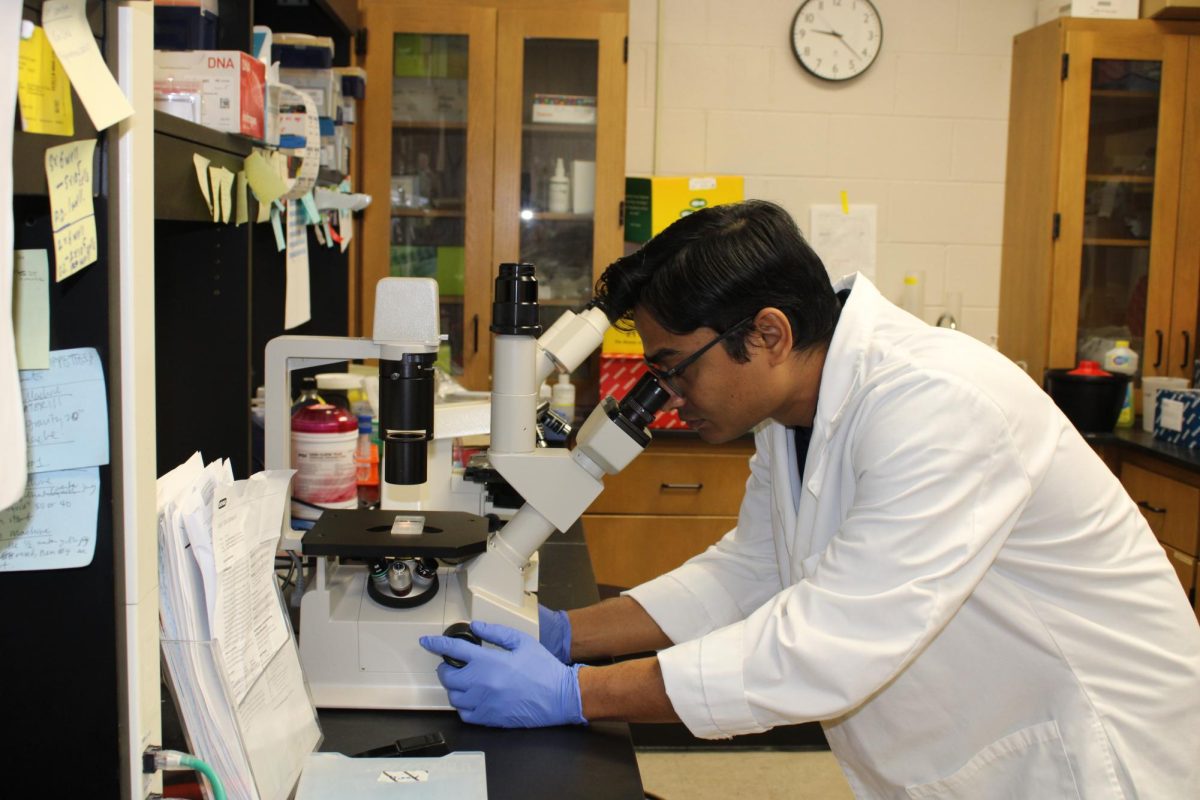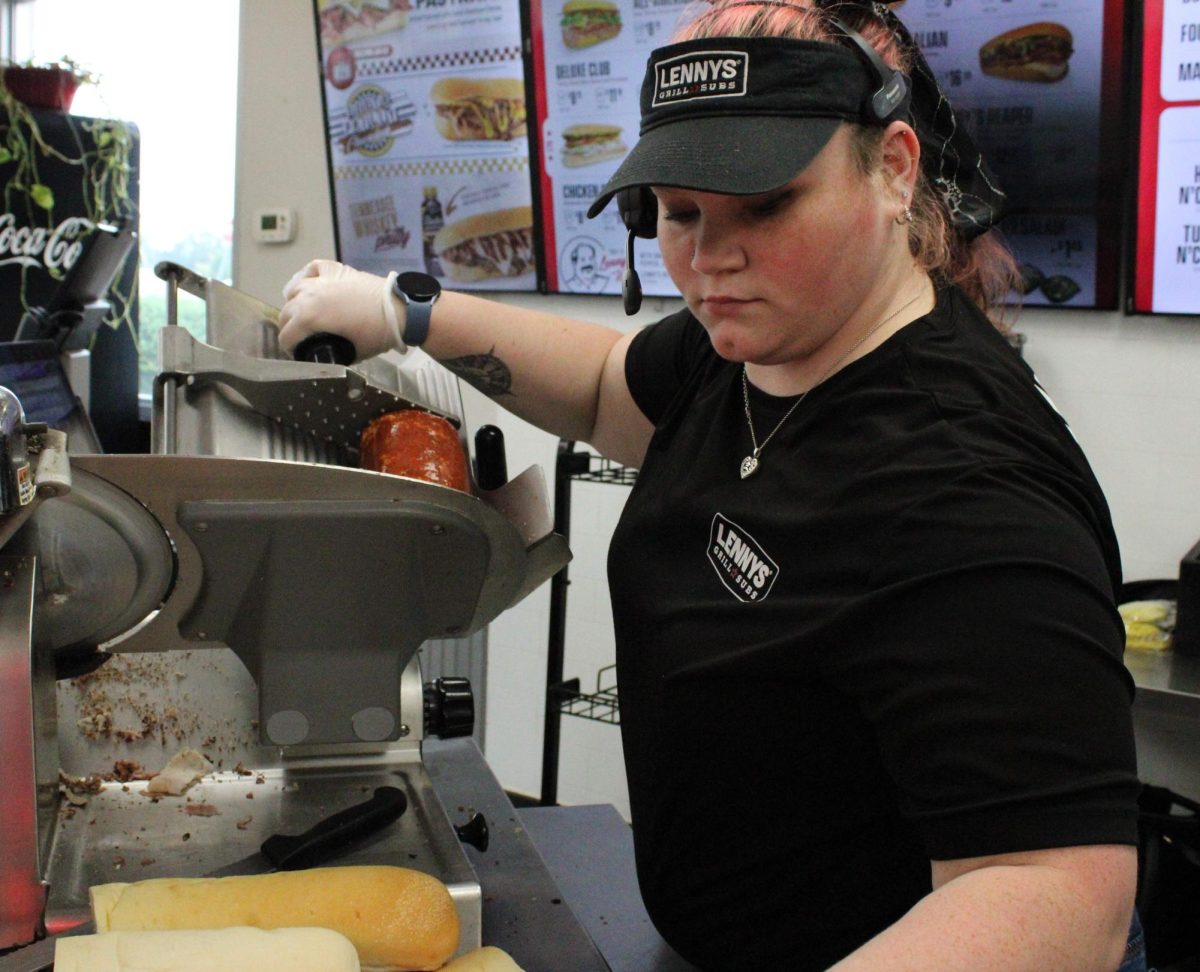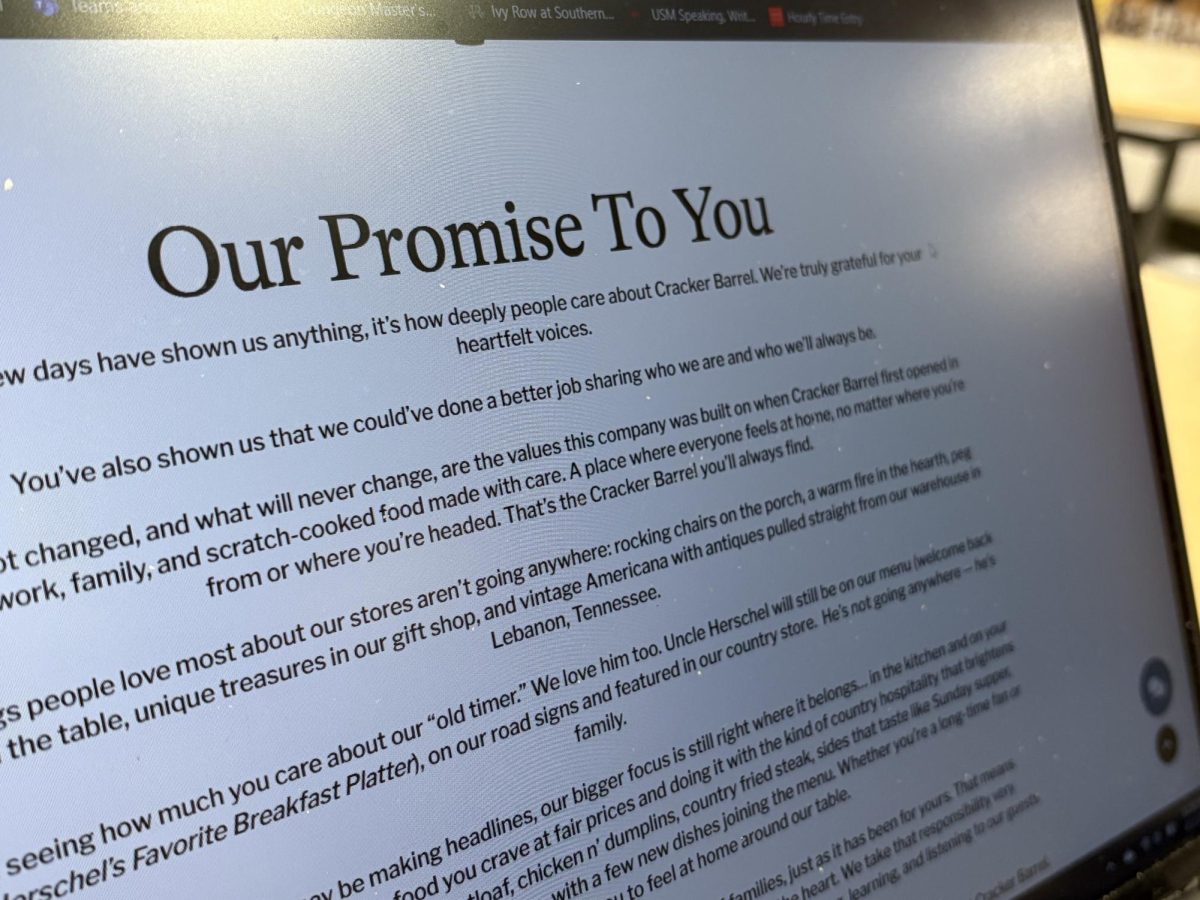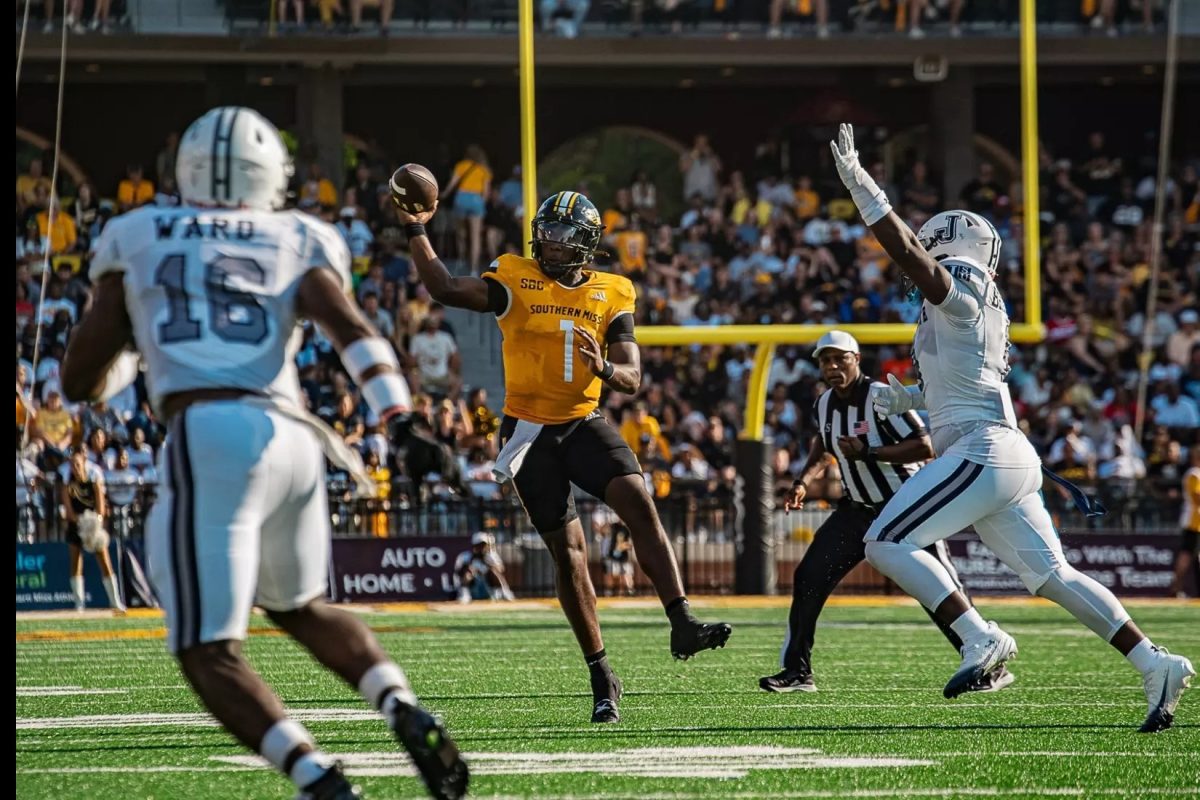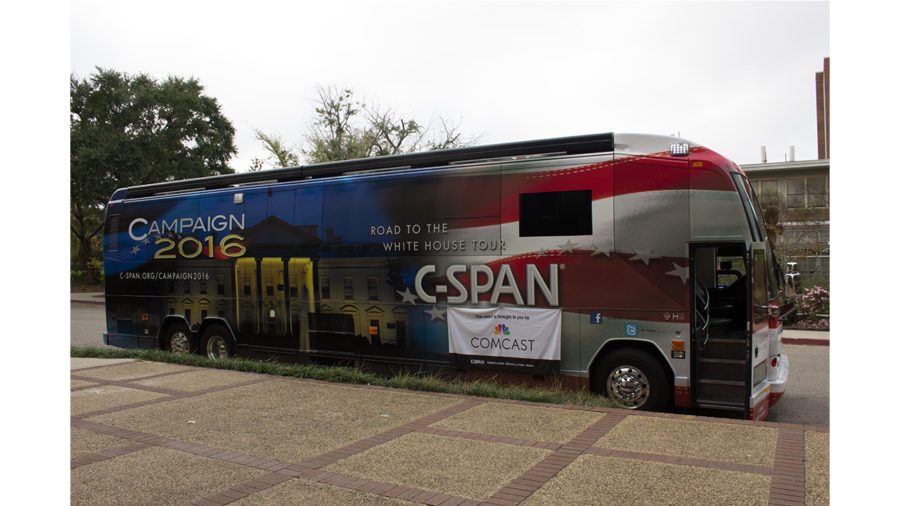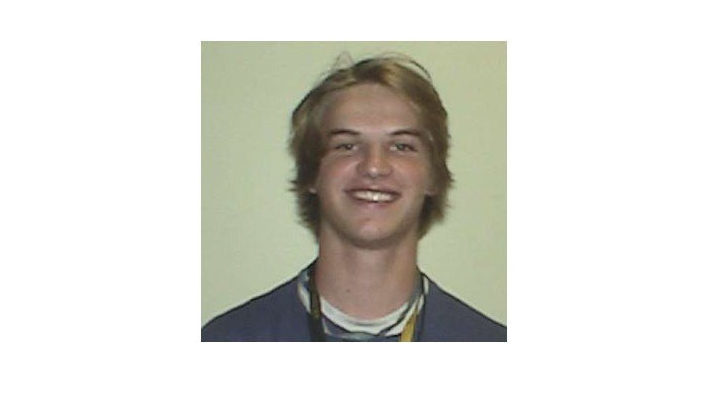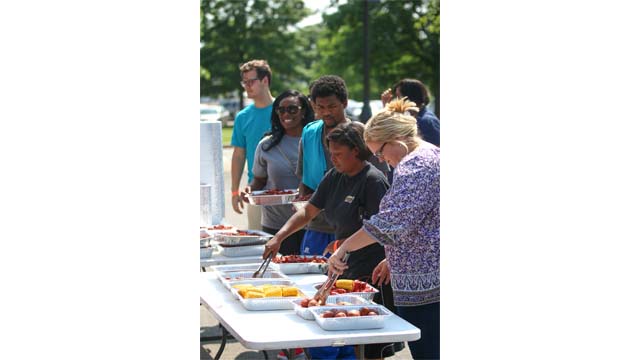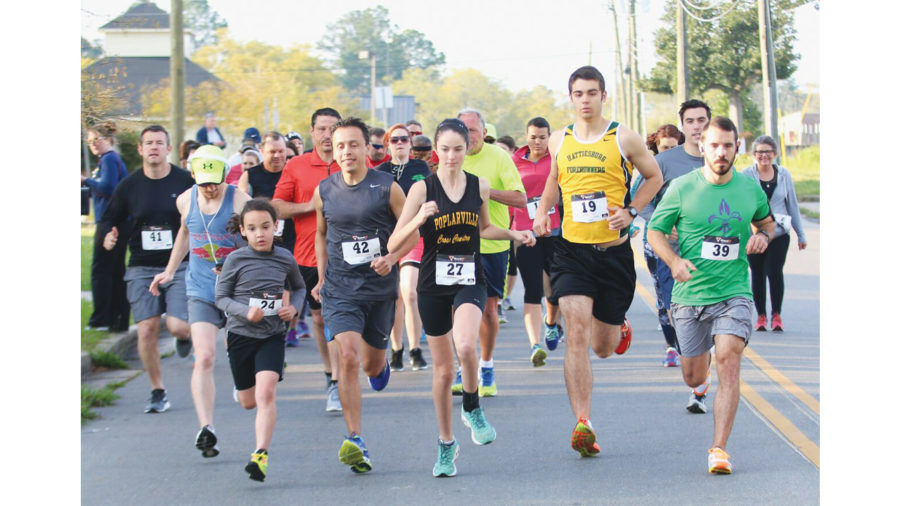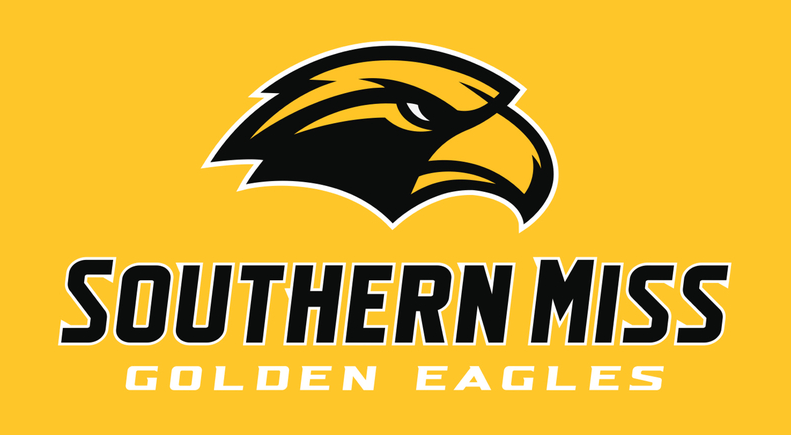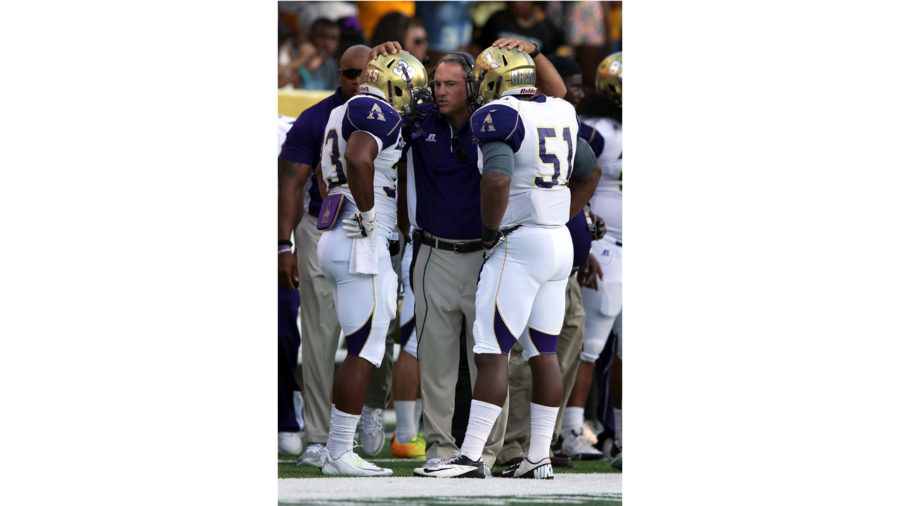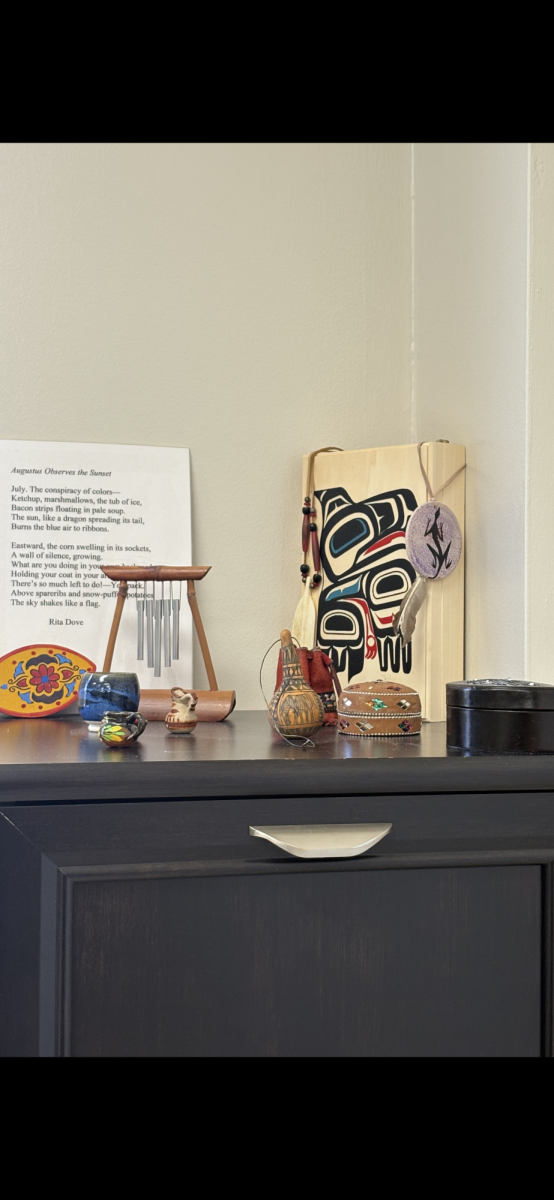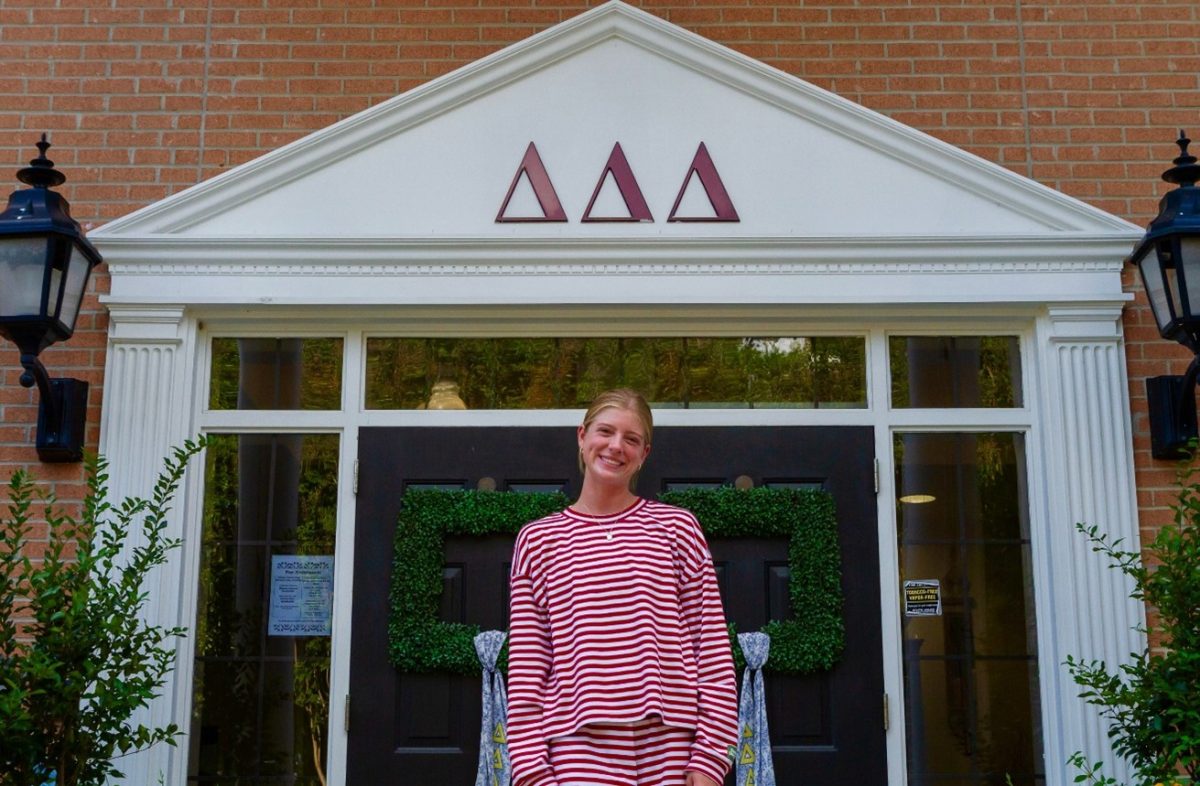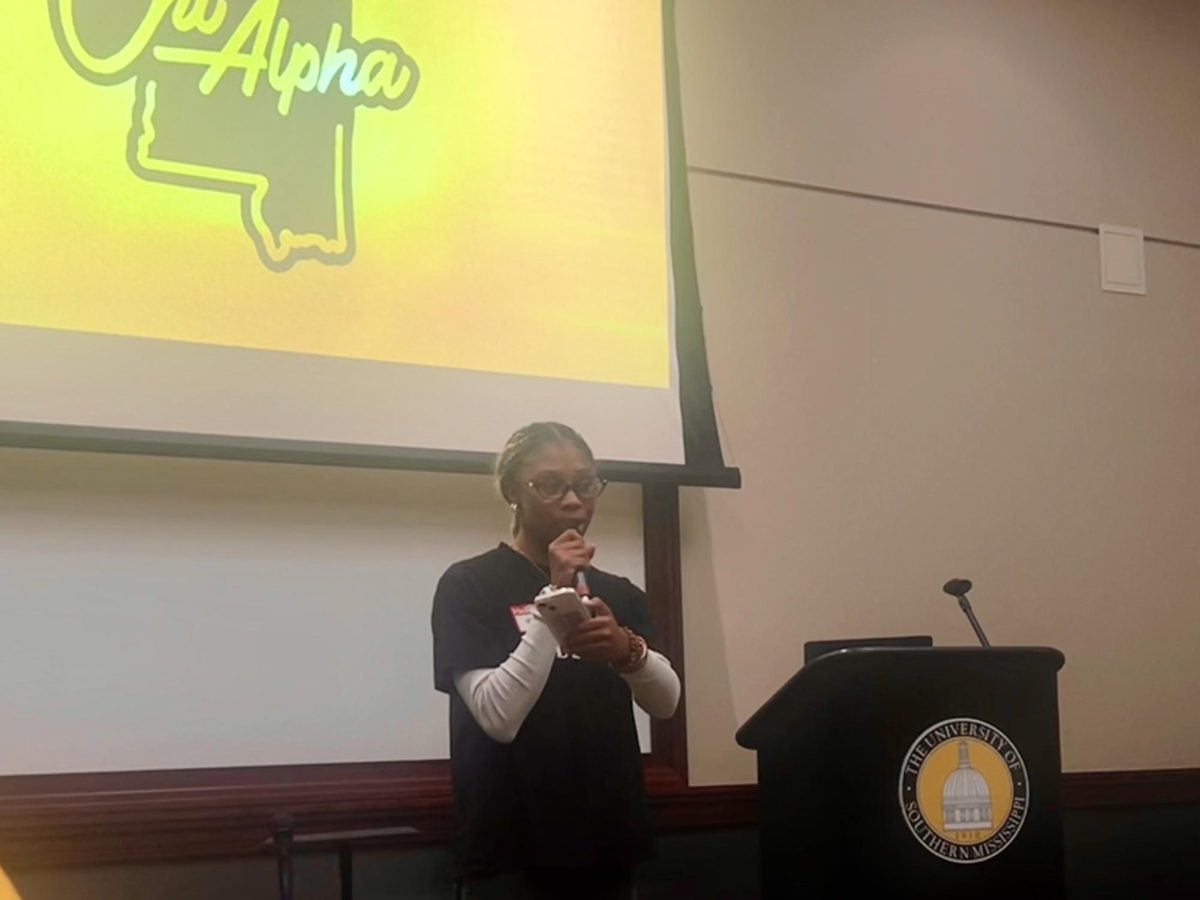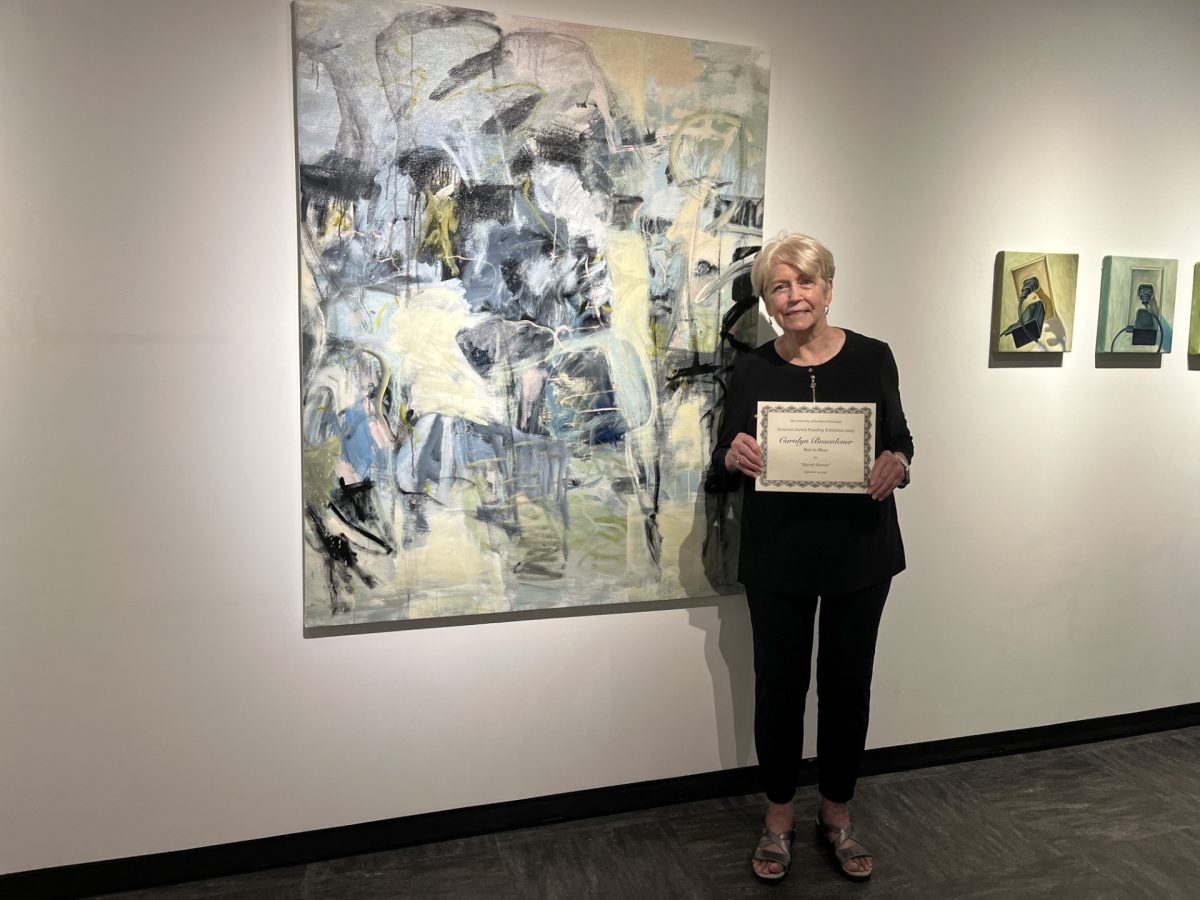On Nov. 5, the 45-foot C-SPAN bus visited The University of Southern Mississippi in an effort to spread awareness of political happenings and hoping to reach as many students as possible.
The bus’ appearance seemed to be a breath of fresh air for some of the students, having the political information students need for the upcoming election right under their noses presented in a modern way.
According to the organization, The C-SPAN bus travels the country to promote C-SPAN’s “Road to the White House” series by visiting universities, schools and political events. In addition, the bus features televisions and a customized 2016 campaign app that allows visitors to explore potential presidential candidates, events and footage from the campaign trail.
As students stepped onto the bus, they were fascinated by the modern approach and the overall theme of non-partisan. La’Shawna Saint-Preux, marketing representative for C-SPAN, said that the bus is a “a little over 1 million dollars” and that it is “designed to be used as a free resource for student research for papers and more via tools like the C-SPAN video library.”
“We are (unbiased) in our efforts,” Saint-Preux said. “We aren’t here to influence people to vote, but we want to target students show them resources, and hopefully people will make informed decisions on their own.”
Being hours away from the region where a student is registered to vote can create barriers between political interaction and decision, making it hard for them to drive home during election times in order to vote.
Dezmond Smith, a psychology major, stated that on a scale from one to 10 in terms of how politically active he is, he is “probably like a four,” and claims to be not as politically active as he should be.
Smith is registered to vote in his hometown, but he was not able to participate in the election that took place Nov. 2.
“It all depends on what classes you have on that day,” Smith said. “I have homework to do. This is the ideal situation for those who aren’t registered to vote in Hattiesburg and therefore may not feel that they are a part of the political scene happening around them.”
C-SPAN attempts to cater to students and those who desire to know more about candidates and how their government affects them or their education. The bus serves as a more reachable form of knowledge, filling the gap between not knowing much about political moves or decisions and being more aware. Smith expressed that “the bus was a good start” and suggested that “(there) should be more vehicles like it, both literally and physically.”
“It’s a good way to teach students politics and what options there are in order to get in the political scene,” Smith said.
Political science professor Allan McBride looked at the experience as an “opportunity for students who were interested in politics and governmental decision making.” McBride also described the experience as “stimulating and cool.”
As the C-SPAN bus continues its tour, they will debut a new 12-part history series, “Landmark Cases: Historic Supreme Court Decisions.” The series is said to explore the issues, people and places involved in some of the most significant Supreme Court cases in our nation’s history according to a press release from the organization.
For more information on future events and general information, visit C-SPAN’s website.


